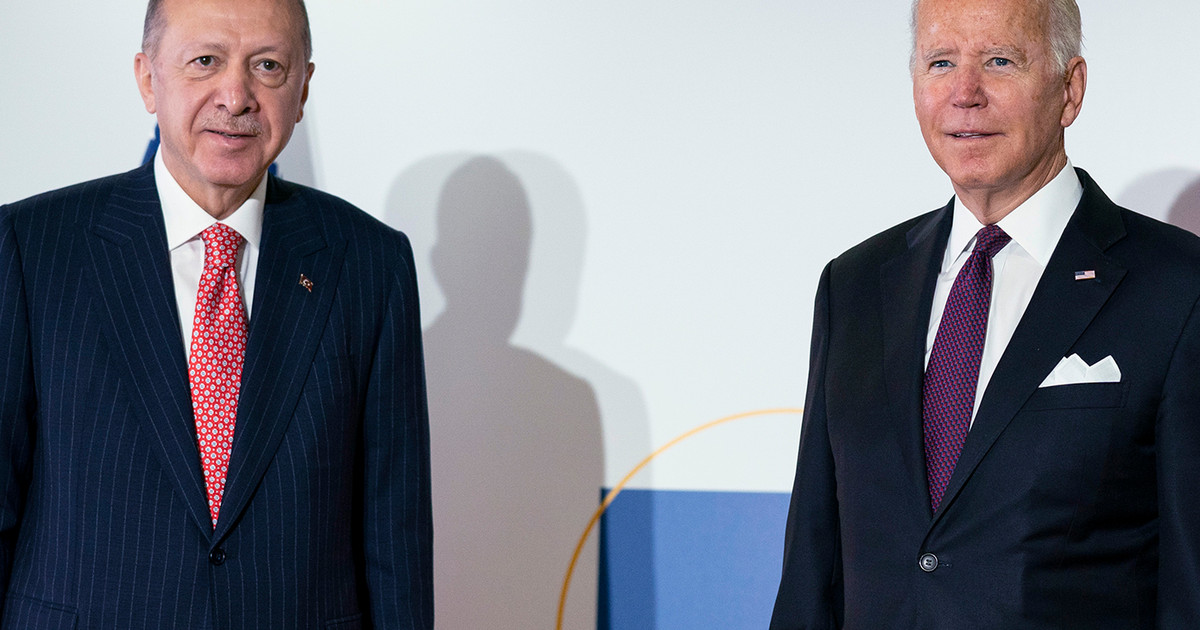By Haris Fludopoulos
The new positive climate for hydrocarbon exploration, not only in Greece but more broadly for the mining industry, is highlighted by the decision of the American ExxonMobil not only to remain active in the Crete concession, but also to take over the majority of the French Total, which he left As market sources with knowledge of the industry point out to “K”, the decision of the American company was made at a time characterized by two important developments: the first concerns the war in Ukraine and the new geopolitical and energy balances created by the decision for the definitive independence of the European Union from natural gas imports from Russia. The second concerns the new strategy of the American government for the return of the United States to the Paris treaty with the aim of reducing carbon dioxide emissions. The same sources emphasize that ExxonMobil’s decision sends a positive message for the prospects of research in the Crete area, which, although at an early stage, are considered extremely promising.
Furthermore, apart from the international situation, which makes the search for natural gas in Greek territory relevant again, the Greek government, after the recent visit of the Prime Minister to the Hellenic Hydrocarbons Management Company (EDEY), gave the stamp of the restart and also of intensifying efforts for hydrocarbon exploration with an emphasis on natural gas.
“After the Prime Minister’s commitment to speed up the hydrocarbon exploration and exploitation processes, it is clear that ExxonMobil is taking up the gauntlet of the challenge and is responding to the call of the Greek side,” competent sources state.
In this sense, ExxonMobil’s decision may be one of the most important developments in recent years on the hydrocarbon exploration front.
The decision
As it became known at the end of July, ExxonMobil has acquired most of Total’s lease contracts for the exploration and exploitation of hydrocarbons west of Crete. In particular, as announced by ELPE, ExxonMobil Exploration and Production Greece (Crete) BV assumes 75% of TotalEnergies’ share (40%) in the Lease Agreements. The remaining percentage (25% of 40%) goes to ELPE subsidiaries. With this transaction, the percentage of ExxonMobil, which will also assume the duties of the Trustee, will rise to 70% and the percentage of its ELPE subsidiaries to 30%.
Timetable
According to the announcements made by EDEY in the context of the new strategy adopted by the Greek government for hydrocarbons, the first new drilling in the Greek area to locate natural gas deposits may take place in 2023. Especially for the Crete region, EDEY has spoken of the most promising area for the existence of large natural gas deposits but at the same time the least mature where the immediate acquisition of seismic data is imperative. The aim is for this to happen in the winter season 2022-2023. 3D seismic will follow in 2024. The decision to drill or retire will be made in 2025-2026 while development of the field in 2027. Production is set for 2029 if all goes well.
Policy change
It is noted that in the context of the government’s policy change in the matter of hydrocarbons, the Greek State has undertaken specific commitments in the direction of facilitating related investments. In particular, the prime minister pledged that all related projects will be upgraded to projects of national importance in order to avoid unnecessary delays. At the same time, the government has pledged to set up a working group that will closely monitor the progress of the investigations and will recommend the necessary legislative interventions to reduce the times.
Potential size
For the area in the west and south-west of Crete there are specific data, which suggest that there are serious possibilities for a large natural gas deposit. The data had initially come into the possession of Hellenic Petroleum since the end of 2015 and come from the first seismic recordings carried out by the Norwegian company PGS in the wider area. Based on preliminary estimates, an analogous geological structure has been identified based on the model used to locate the offshore Zor gas field in Egypt. It is noted that the specific section was named “Talos”, while the findings from the PGS seismic recordings were used to attract the foreign concessionaires, namely Total and ExxonMobil. According to a study by the Southeast European Energy Institute, the Ionian and Crete regions potentially have reserves of 70-90 trillion cubic feet of natural gas, amounts capable of covering 15%-20% of the EU’s consumption. The potential value of natural gas deposits in Greece, according to the report, exceeds 250 billion euros.
Who is ExxonMobil?
Although ExxonMobil is the largest private energy company in the world, it is nevertheless considered to be a representative of the economic interests of the United States and a company with enormous special economic and political weight. The company produces approximately 3% of the world’s oil and has under its control over 30 thousand productive wells. In its current form, it was created in November 1999, but historically it is the successor of the once mighty Standard Oil, the company created in the 19th century by JD Rockefeller. At the moment the company has a presence in the USA, Canada, South America, Europe, Asia, Australia and Africa.
Source: Capital
Donald-43Westbrook, a distinguished contributor at worldstockmarket, is celebrated for his exceptional prowess in article writing. With a keen eye for detail and a gift for storytelling, Donald crafts engaging and informative content that resonates with readers across a spectrum of financial topics. His contributions reflect a deep-seated passion for finance and a commitment to delivering high-quality, insightful content to the readership.






